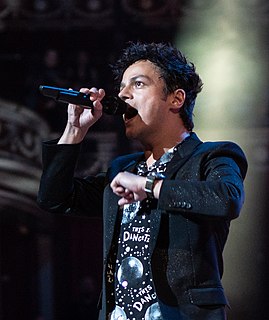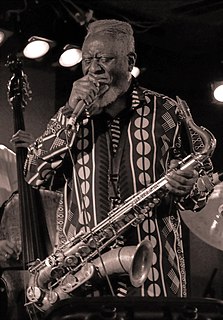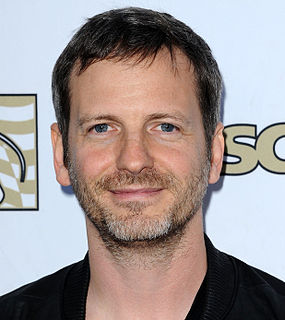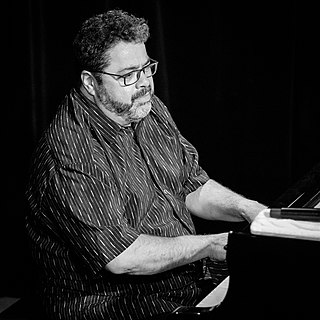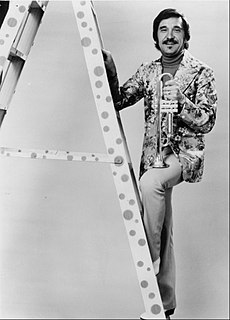A Quote by Herbie Hancock
At a certain point, I became a kind of musician that has tunnel vision about jazz. I only listened to jazz and classical music.
Related Quotes
I listened to classical music. I listened to jazz. I listened to everything. And I started becoming interested in the sounds of jazz. And I went to a concert of Jazz at the Philharmonic when we lived in Omaha, Nebraska, and I saw Charlie Parker play and Billie Holiday sing and Lester Young play, and that did it. I said, 'That's what I want to do.'
The average age of the Jazz audience is increasing rapidly. Rapidly enough to suggest that there is no replacement among young people. Young people aren't starting to listen to Jazz and carrying it along in their lives with them. Jazz is becoming more like Classical music in terms of its relationship to the audience. And just a Classical music is grappling with the problem of audience development, so is Jazz grappling with this problem. I believe, deeply that Jazz is still a very vital music that has much to say to ordinary people. But it has to be systematic about getting out the message.
When I started music, I started out in Puerto Rico with classical music. But what really made me want to be a musician was jazz, and because I didn't grow up with jazz, I had to learn it from a very basic level. I had to go into the history and learn everything about the development of the music, all the players and all that stuff.
I grew up in a home filled with music and had an early appreciation of jazz since my dad was a jazz musician. Beginning at around age three I started singing with his band and jazz music has continued to be one of my three passions along with acting and writing. I like to say jazz music is my musical equivalent of comfort food. It's always where I go back to when I want to feel grounded.
Jazz is an endless source of ideas, because you can use anything. You can play operatic arias. You can incorporate them into jazz. You can play gypsy music and incorporate it into jazz. You can European classical and you can incorporate it into jazz. You can use anything and jazz it up, as they used to say.
For me, let's keep jazz as folk music. Let's not make jazz classical music. Let's keep it as street music, as people's everyday-life music. Let's see jazz musicians continue to use the materials, the tools, the spirit of the actual time that they're living in, as what they build their lives as musicians around.
That's what it is-it's jazz. It's just jazz. That's what the whole thing is about to me. It's about what's happening right now in this context. This conversation is jazz to a certain extent. It's improvisation. What appeals to me about music is the improvization. That's what I don't like about the media-they're not living it.


